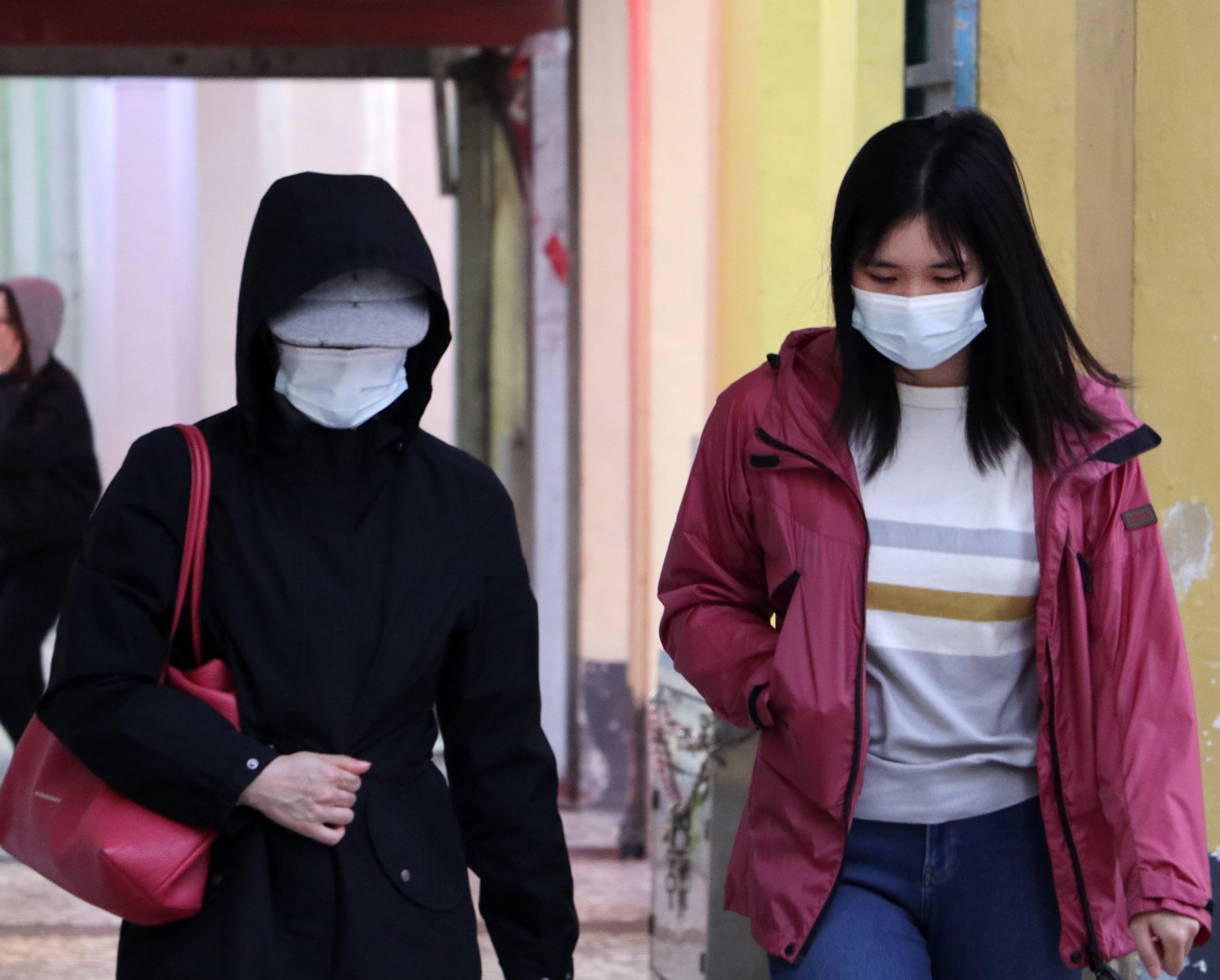Anticoagulant, Antiplatelet Use Not Linked to Better COVID-19 Outcomes
The new findings show worsened outcomes among particular comorbid patient groups, as well as minority patients.

Despite significant prevalence of coagulopathy risk in patients with coronavirus 2019 (COVID-19), anticoagulant or antiplatelet therapy may not reduce patients’ risk of severe outcomes.
In a new retrospective cohort assessment of patients with COVID-19 treated at Kaiser Permanente Northern California (KPNC) during the early months of the pandemic, investigators observed that neither antiplatelet nor anticoagulant therapy was associated with adjusted reduction of outcomes including venous thromboembolism (VTE).
The findings, presented at the American Society of Hematology (ASH) 2020 Annual Meeting this weekend, buck against the call for primary use of either therapy in patients at significant risk of such events while infected with SARS-CoV-2.
Investigators, led by Gwendolyn Ho, MD, MAS, of the Permanente Medical Group, sought to assess the previous uncertainty surrounding anticoagulant and antiplatelet efficacy in patients with COVID-19.
Their retrospective assessment included adult patients treated in the large-scale health system for COVID-19 between February 25 and May 8 of this year. Eligible patients were stratified based on electronic medical records indicating a filled prescription or active use of antiplatelets or anticoagulants within 90 days prior to their diagnosis.
Ho and colleagues assessed for a primary outcome of emergency department (ED) visits, inpatient hospitalization, intensive care unit (ICU) stays, VTE, mechanical ventilation, and mortality between COVID-19 diagnosis and June 9.
They used logistic regression to calculate patient odds ratios (ORs) and 95% confidence intervals (CIs), with adjustment for sociodemographic and clinical characteristics.
In their findings, just 167 (6%) and 69 (2%) of the observed 2972 patients with confirmed COVID-19 were on antiplatelets and anticoagulants, respectively. Another 7 (<1%) were on both therapies. Mean patient age was older, with 77% being ≥60 years old. Most patients were non-white (53%), overweight or obese (69%), and had ≥3 comorbidities (62%).
With adjustment for patient characteristics, investigators did not observe an association between chronic anticoagulants or antiplatelets and a lowered risk of any of the primary outcomes (OR, 1.03; 95% CI, 0.74-1.45). Older patients had an increased risk of all outcomes excluding VTE. Investigators observed a 12-fold increased risk of such outcomes among patients ≥80 years versus those 18-29 years (OR, 13.62; 95% CI, 7.69-24.11)
Male patients, as well Asian or Hispanic patients (versus white patients) increased risk of severe outcomes. Mortality (OR, 2.28; 95% CI, 1.31-3.95) and hypertension (OR, 2.03; 95% CI, 1.30-3.19) were more prevalent among patients with underlying obesity.
As Ho and colleagues noted, COVID-19 infection is linked to severe systemic inflammatory response risk, as well as vascular and endothelial dysfunction and hemostatic derangements, all of which can put patients at significant risk of microvascular and macrovascular thrombi and morbidity.
“Efforts to mitigate the disease severity have generated discussions regarding empiric use of anticoagulants and antiplatelets in COVID-19 patients,” they wrote. “We did not find a difference in the risk of hospitalizations, mechanical ventilation or death for patients on chronic anticoagulants or antiplatelets.”
However, their findings suggest empiric use of antiplatelets or anticoagulants at COVID-19 diagnosis is not conducive to improved patient outcomes. The investigators advised prospective studies aimed to assess thrombosis risk and clinical outcomes with value to patients and healthcare systems would better inform the role of such agents.
Our findings argue against the empiric use of these agents at COVID-19 diagnosis until prospective studies powered to evaluate thrombosis risk and clinical outcomes with value to patients and health care systems are completed.
The study, “Anticoagulant and Antiplatelet Use Not Associated with Improvement in Severe Outcomes in COVID-19 Patients,” was presented at ASH 2020.